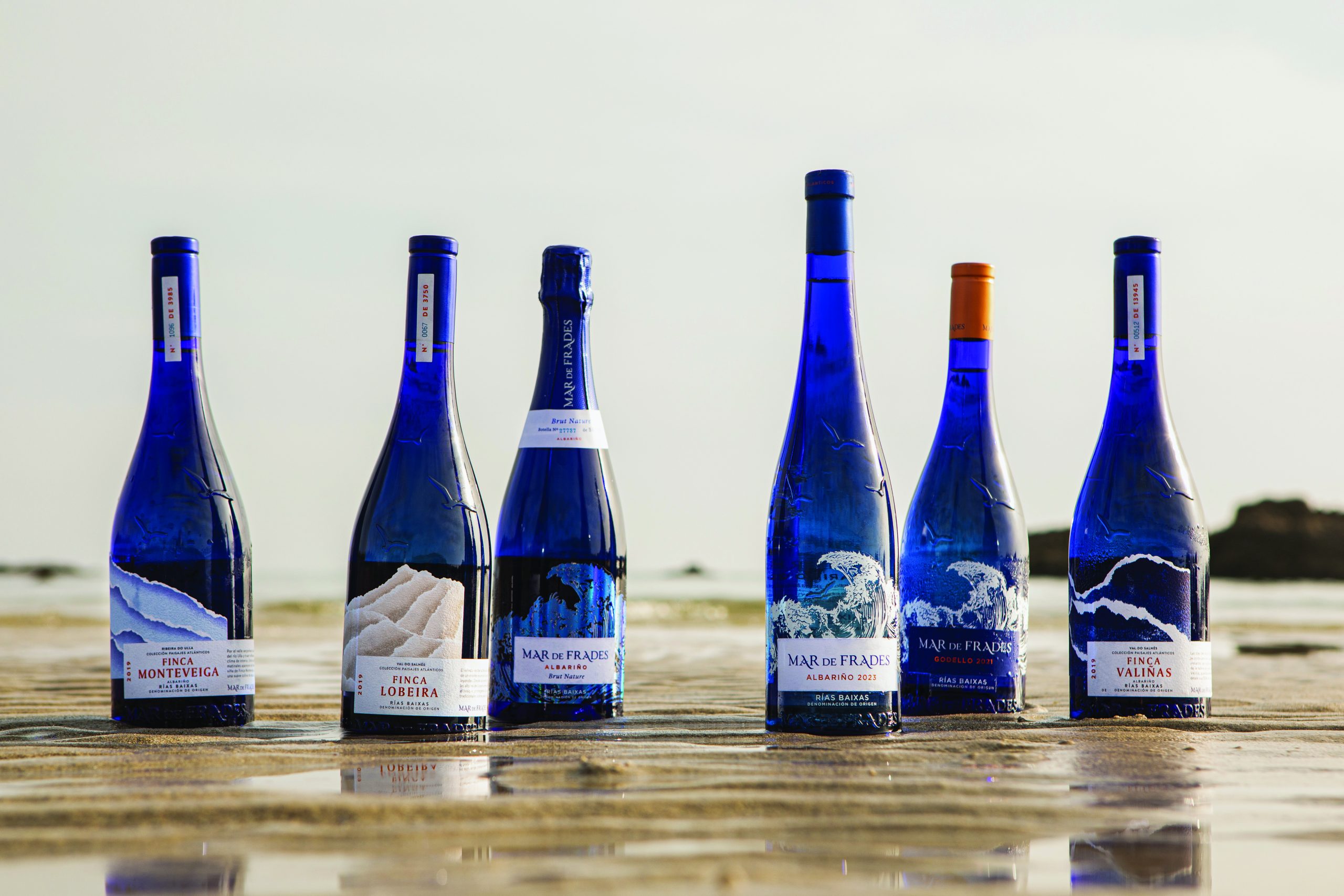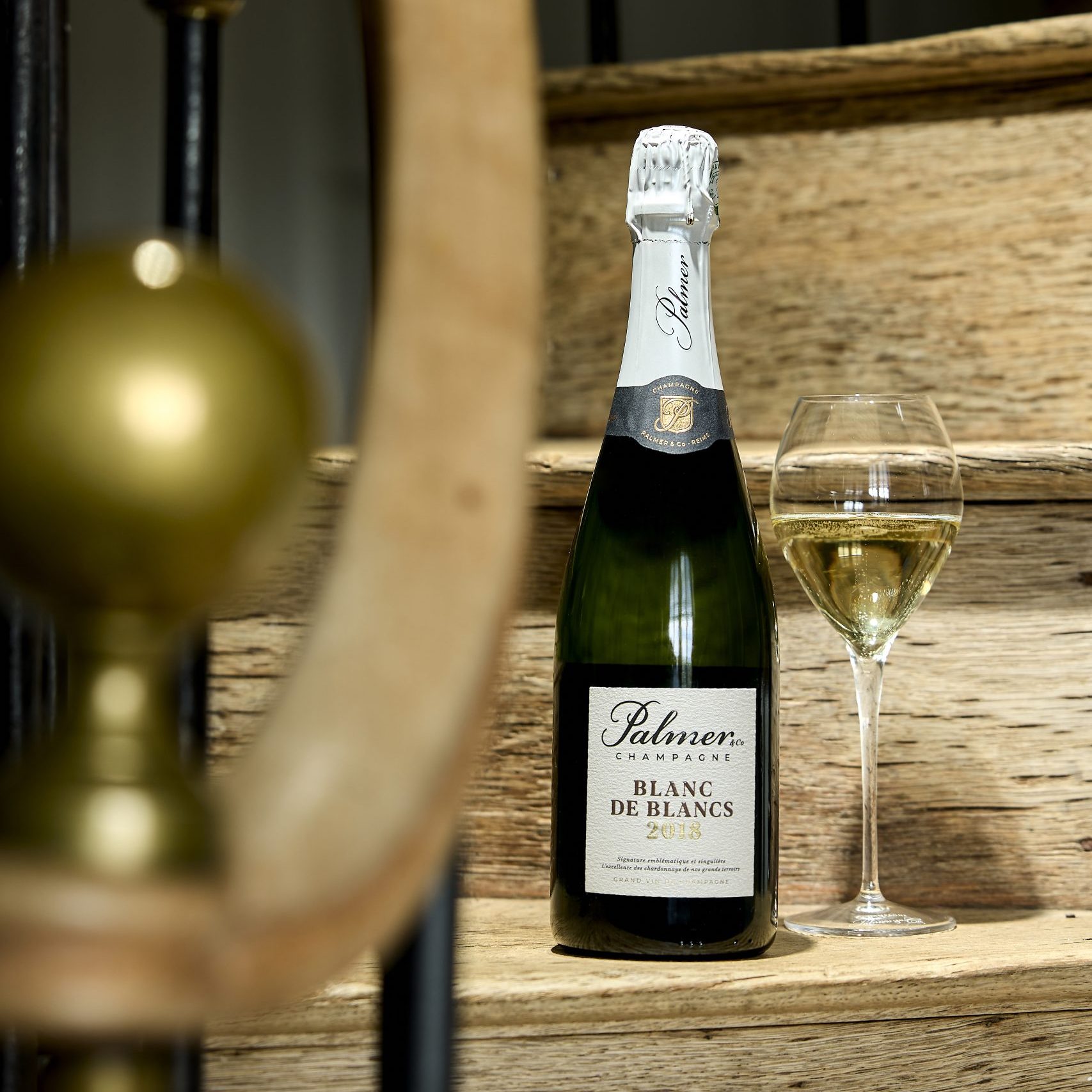How to keep your drinks brand alive during lockdown
The coronavirus crisis has altered every aspect of the drinks industry, from sales focus to marketing spends, so how should companies continue to advertise?
With bars and restaurants around the world closed for the foreseeable future, and people spending more time at home than ever before, alcohol brands are still working out how to sell to a new audience.
Global drinks giants are cutting back on their marketing budgets in an effort to reduce costs and survive the impact of coronavirus lockdowns, but advertising and staying connected with potential customers could pay dividends in the long run, according to Tom Harvey, client director at alcohol marketing agency YesMore.
A recent survey by the World Federation of Advertisers found that the vast majority (81%) of respondents are postponing advertising campaigns due to the pandemic. Companies such as AB InBev and Diageo have already announced they will be making alterations to their budgets to reduce marketing spend while on-trade activations and experiential stunts are out of the question.
Harvey, too, has had to make some changes at YesMore. The agency had planned to run an out-of-home campaign with UK wine estate Ridgeview, as well and another influencer campaign with at a Los Angeles beach for Old Pulteney Whisky, but both have now been delayed.
On the other hand, sales in the off-trade are soaring, so there are plenty of reasons why producers, retailers, and even hospitality businesses should still spend money on advertising, where possible.
Harvey told the drinks business that drinks brands must focus on this sudden shift in behaviour and “tap into an audience that they can keep loyal for years to come.”
Harvey said this is particularly important for emerging startups that have only launched in recent months and have yet to build up an established consumer base. While people are stuck at home and have more time on their hands to experiment with new products “now is the time they are going to go elsewhere.”
While that may not be easy for small businesses with smaller marketing budgets, there are ways to do this without spending too much and keeping brand loyalty.
Nurture relationships
Many have already repositioned their marketing strategies to support the on-trade. Last month, beer brand Miller Lite pulled an advert launched in January that poked fun at social media and encouraged people to socialise face to face. The ad was launched in January, but was later dubbed “tone deaf” by consumers on social media as lockdown measures started to come into force. The advert has now been taken out of rotation and replaced with a new initiative, the Virtual Tip Jar, encouraging people to donate to its own fundraiser for bartenders unable to work during lockdown.
Bacardi, meanwhile, launched a called #RaiseYourSpirits, aimed at supporting bars and restaurants affected by coronavirus.
The spirits giant pledged US$3 million in financial aid and other support to help people in the bartending and restaurant community. A week before, its Tequila brand Patrón also donated US$1 million to hospitality charities Children of Restaurant Employees; Another Round, Another Rally; and The James Beard Foundation.
“To see a group like Bacardi investing so much effort in supporting that network shows a real investment in sales – not so much right now but their long-term future,” Harvey said.
The companies that put the work in now to support their on-trade partners now are likely to be remembered when lockdown measures are relaxed and bars can open once again.
But although larger groups with the money to spare can hand over large donations, it’s not the only way to nurture relationships
Harvey told db that supporting a business partner or customer in their time of need will earn a producer “brand loyalty”.
“Giving earns you respect and the more you give the more respect you can earn.”
Partner Content
However, it’s not all about making donations and propping up bars unable to generate sales. If your company doesn’t have vast amounts of cash in the bank to support hospitality workers, just keeping communication channels open and checking in helps to nurture relationships you will need in the future.
“I don’t necessarily think they have to give back but they do have to continue communicating with customers. If that means they need to retrain staff or lean on agencies, I do think it’s worth investing.”
Do what you can
“It’s particularly challenging for brands that don’t have the budget and the cash flow,” Harvey admits, “but I do think it’s valuable to do so in some form.”
We’re already seeing small companies with young workforces getting to grips with Google Hangout, Zoom, Intsagram Live and Facebook to run events that turn consumers into a community of fans.
“If you’re small and nimble you can still communicate on social media, have calls and catch ups with your key accounts, because they’re struggling too.”
Be mindful
With many people at home alone and out of work, boredom, anxiety and stress are only natural, so brands need to be careful not to exploit this by mistake.
Harvey said mindful marketing of alcohol is “especially important right now because we have the entire nation staying at home…it can be very natural for any of us to entertain ourselves with things like alcohol.”
“Whilst it’s not entirely the brand’s responsibility we do believe they have the power and network to lead on marketing for the right reasons and helping consumers to realise they might be over susceptible to overconsumption – no one’s saying don’t drink our product, we’re saying drink mindfully.”
One good example of this is vodka brand Kettle One, which has started to rerun its own advertisements about moderation online.
“It was originally for TV and about moderation in drinking,” Harvey said, “and I thought it was interesting that they’re rerunning it right now.”
But what does that mean practically? Not all brands have high production TV adverts in their archives they can roll out on their social channels.
Harvey said marketers a few simple changes to your brand messaging can make all the difference.
“You might need to spend a bit longer drafting the copy for your caption, or email mail out, or your next ad” he said.
It could also mean tweaking the wording on your own website to acknowledge the current situation.
“Even small brands have added specific advice on their websites – usually it is about delivery times, but it’s also a great space to add advice about consumption.”




